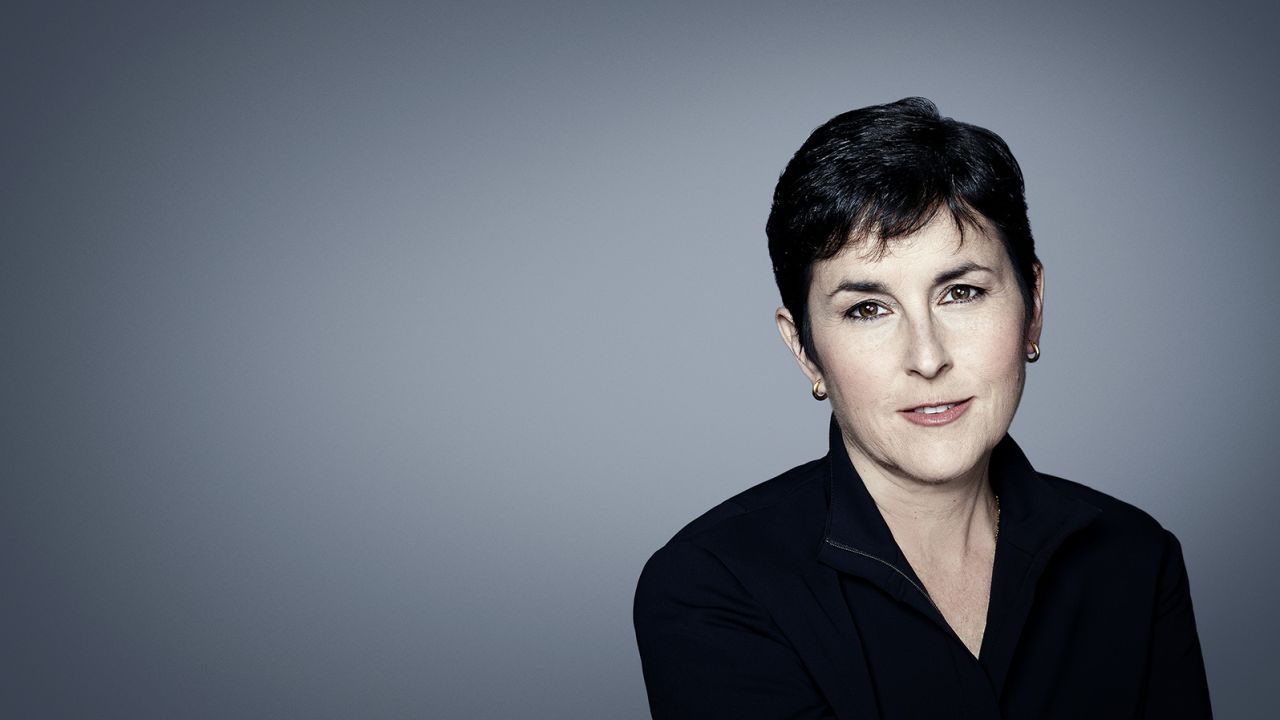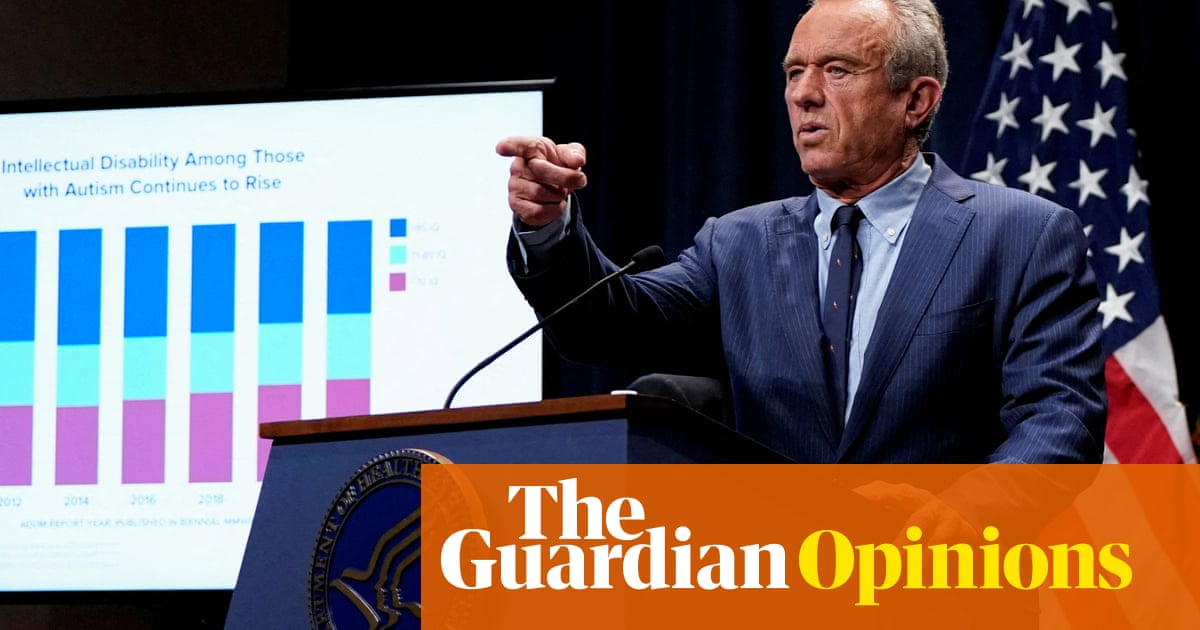Opinion: What happened to Elon Musk?
Editor’s Note: Frida Ghitis, a former CNN producer and correspondent, is a world affairs columnist. She is a weekly opinion contributor to CNN, a contributing columnist to The Washington Post and a columnist for World Politics Review. The views expressed in this commentary are her own. View more opinion on CNN.
For years, Elon Musk was a mysterious, intriguing and widely admired figure. That was back before he purchased Twitter and clasped his hands firmly on the wheel of the social media platform, boosting his influence and magnifying his voice, in the process revealing that the man behind the spectacular business achievements of Tesla and SpaceX is not quite what he had led us to believe.

Just in the past week, Musk has behaved in ways that cause potentially far-reaching harm, while shedding more light on the contradiction between his public pronouncements and his actions.
Musk craves the attention, so one hesitates to feed him precisely what he wants. But even those of us who make it a point to ignore his regular trolling find it necessary to note just how harmful and hypocritical the former world’s wealthiest man truly is.
Over the weekend, Musk – whose claim that he is a “free speech absolutist” has already appeared self-serving in the past – surrendered to demands from the increasingly authoritarian government of Turkish President Recep Tayyip Erdogan, blocking some accounts and more than 400 tweets in the country.
Twitter complied with the Turkish court orders just in time to possibly boost the chances of Erdogan – the president who has imprisoned journalists, critics and rivals – as he faced one of the toughest elections of his life.
Appalled, Enes Kanter Freedom, the Turkish-born former NBA player, a fierce critic of Erdogan, told CNN, “I don’t want to hear about Elon Musk talking about free speech ever again. He’s literally bowing down to dictatorship.” (Twitter said it took the action “in order to keep Twitter available over the election weekend.” It added that of five Turkish court orders issued against it, it had objected to four.)
Then the day after the election, Musk launched a Twitter assault on George Soros (more on that in a moment), the Jewish billionaire supporter of liberal causes, framing his criticism of the Holocaust survivor in terms that made scholars of antisemitism warn that Musk’s messaging would worsen the growing plague of antisemitic and racist violence.
He also slandered a respected international investigative journalism organization, and argued that it is, “bullsh*t” to think that a massacre allegedly carried out by a man with Nazi tattoos and a vast track record of racist, antisemitic and misogynistic posts means the incident is linked to white supremacy.
It’s hard to square the man who regularly promotes wild conspiracy theories to his tens of millions of followers with the supposedly thoughtful visionary of his pre-Twitter days.
Sure, he was already running roughshod over the rules back then, and many were starting to question the hero worship. But most people took him at his word when he implied that what fueled his drive was his abiding concern for humanity.
Back then, Musk profiles would gush shamelessly, describing his worries about the greatest risks to mankind, writing with visible awe that Musk, “navigates between running his businesses and trying to save the planet.”
Musk proclaims strongly-held views. But sometimes the beliefs seem only Tweet deep. And it seems he hasn’t given much thought to the corollaries, the consequences, of those ideas. Or maybe he doesn’t care.
Many still admire him for reinstating thousands of Twitter accounts banned before he took over, even if racist and antisemitic posts exploded, as internet researchers have documented.
But while Musk claimed to be implementing his commitment to open Twitter’s gates to more free speech, it has increasingly appeared that he was opening them wide for those who agreed with his views – which more and more look like those of a far-right activist. It turns out that the commitment was less than rock solid.
Free speech on Twitter was important for the opposition in Turkey’s election, because the government controls most of the media. Faced against a juggernaut, the opposition was counting on social media platforms to carry its message.
Musk maintained the choice was between accepting the government’s demands or letting them shut down Twitter. But there was another option.
In 2014, ahead of another election, Erdogan made similar demands, declaring, “We’ll eradicate Twitter. I don’t care what the international community says.” Twitter fought back.
Turkey did shut down Twitter for a while, but even some of Erdogan’s closest allies turned against him. In the end, Twitter was reinstated, its principles intact; Erdogan was tainted by another autocratic move.
It turns out Musk’s free speech absolutism is less than absolute. Absurdly, he now says, “By ‘free speech,’ I simply mean that which matches the law.” So, if a tyrant makes a law banning criticism, will Musk believe that muzzling its critics conforms with free speech?
Beyond his free speech hypocrisy, there’s the vanishing aura of Musk as the thoughtful futurist concerned about humanity’s fate.
There’s nothing wrong with disagreeing with George Soros. But Musk’s attack – just after the liberal Soros announced he sold his Tesla stock – was not a philosophical argument.
Musk first likened the Jewish billionaire to a comic book villain, a Jewish Marvel villain, no less. When someone responded that at least Soros has good intentions, Musk unleashed a description that could have been written by the authors of the antisemitic “Protocols of Zion,” which depicted shadowy Jews plotting against the world.
Soros, Musk wrote – to almost 140 million Twitter followers – “wants to erode the very fabric of civilization. Soros hates humanity.”
The framing aligns with centuries of antisemitic conspiracy theories, casting Jews as malevolent forces with shadowy powers aiming to destroy civilization.
Soros has been a prolific promoter of liberal causes, including democracy, human rights, environmental issues and others. He’s a liberal, Musk is not, but disagreement was not the point.
The Anti-Defamation League (ADL) said Musk’s words, “will embolden extremists who already contrive anti-Jewish conspiracies…”
But promoting conspiracies has become one of Musk’s favorite games, consequences be damned. It doesn’t matter that racist antisemites – they usually go together – have been killing people; that antisemitic attacks have skyrocketed to the highest level since the ADL started keeping records in 1979.
Musk doubled down, saying he’ll say what he wants even if it costs him money. So brave.
As he spreads the messages from obscure conspiracy mongers, throwing logs onto what is already a growing fire, Musk is making a brittle, fragile social media environment even more explosive, making the world even more perilous.
Now, much of the mystery that surrounded Musk in the early years has lifted. He has traded widespread admiration for an emerging cult hero status among some in the far right.
In the process, he has become more famous than ever, making more news than ever.
And maybe that makes it all worthwhile for him.


